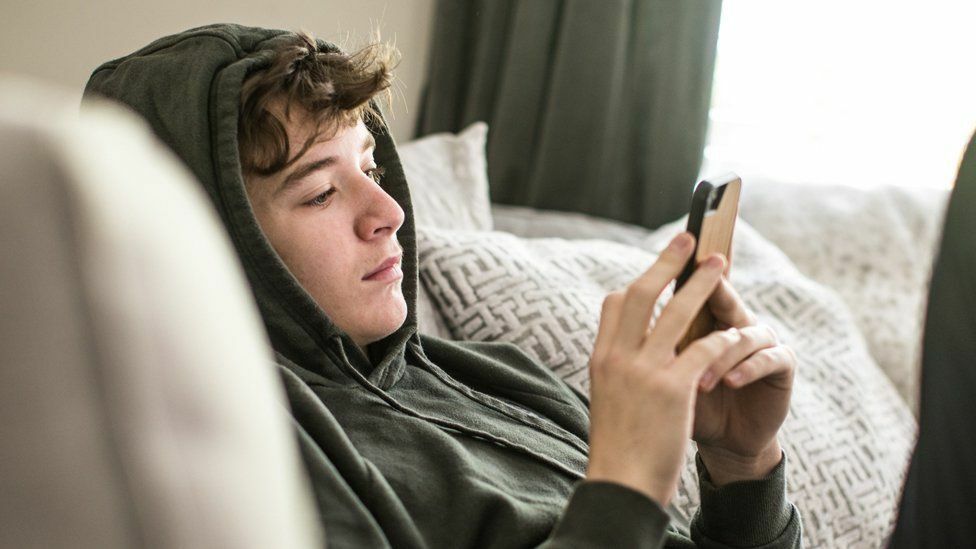Pupils charged hundreds for fake leaked GCSE and A-level papers on social media

Scammers on social media platforms are targeting students with offers of fake GCSE and A-level exam papers, charging them hundreds of pounds. One pupil stated that the idea of papers being available for sale has become a major topic of discussion during exam season. Exam boards have confirmed that it is highly unusual for genuine papers to be leaked, but these scams are becoming increasingly common, with fraudsters demanding between £7.50 and £4,000 per paper.
Instagram, TikTok, and Snapchat have all stated that such fraudulent activities are against their policies and urged users to report any suspicious accounts. Exam regulator Ofqual has warned that students caught cheating could face a ban from taking their exams. One 15-year-old student, who chose to remain anonymous, shared her experience of encountering accounts claiming to sell GCSE exam papers on TikTok and being directed to contact the seller on Instagram.
She said, “Anywhere north of £500 for a paper was the typical offer from multiple accounts for one exam paper.” Although she did not purchase the exam paper, she knows students who have paid up to £900. Another student reported paying £60 to a social media account for a GCSE maths exam last year, only to be blocked by the account and receive nothing in return.
These scams are particularly concerning this year, as there is less support for students sitting exams in England in 2023 compared to other year groups since the pandemic. The scammers are exploiting the desperation of students who are seeking help.
BBC News conducted an investigation, posing as a GCSE student and contacting two separate Instagram accounts claiming to sell exam papers. The accounts quoted prices ranging from £120 to £150 for single exam papers and requested payment through the Cash App. After the payment was made, the scammers ignored the messages and did not send any papers. One of the scammer’s social media accounts was deleted before BBC News could report it to Instagram.
A spokesperson for Meta, the parent company of Instagram, stated that the sale of future exam papers or answer sheets is not allowed, and any such content will be removed from the platform. AQA case analyst Bill Hewison said that many scammers use doctored images of previous exams, altering the date and text on the front cover to deceive students.
Exam board AQA granted BBC News exclusive access to its malpractice teams, who work to shut down fraudulent accounts. The teams search social media platforms for anyone claiming to sell papers to students before and during the exam season. As exam boards do not have the authority to close these accounts, they report them to the social media platforms, often citing copyright infringement as a reason for the complaint.
TikTok and Snapchat have both stated that they remove accounts promoting fraud or scams, and encourage users to report any suspicious activity. The Joint Council for Qualifications’ chief executive, Margaret Farragher, described the situation as “digital whack-a-mole,” with new fake accounts appearing as soon as others are closed down.
Ofqual chief regulator Jo Saxton warned students not to trust “fraudsters on the internet” and to be aware of the serious consequences they could face if caught cheating.
Latest Thailand News
Follow The Thaiger on Google News:


























